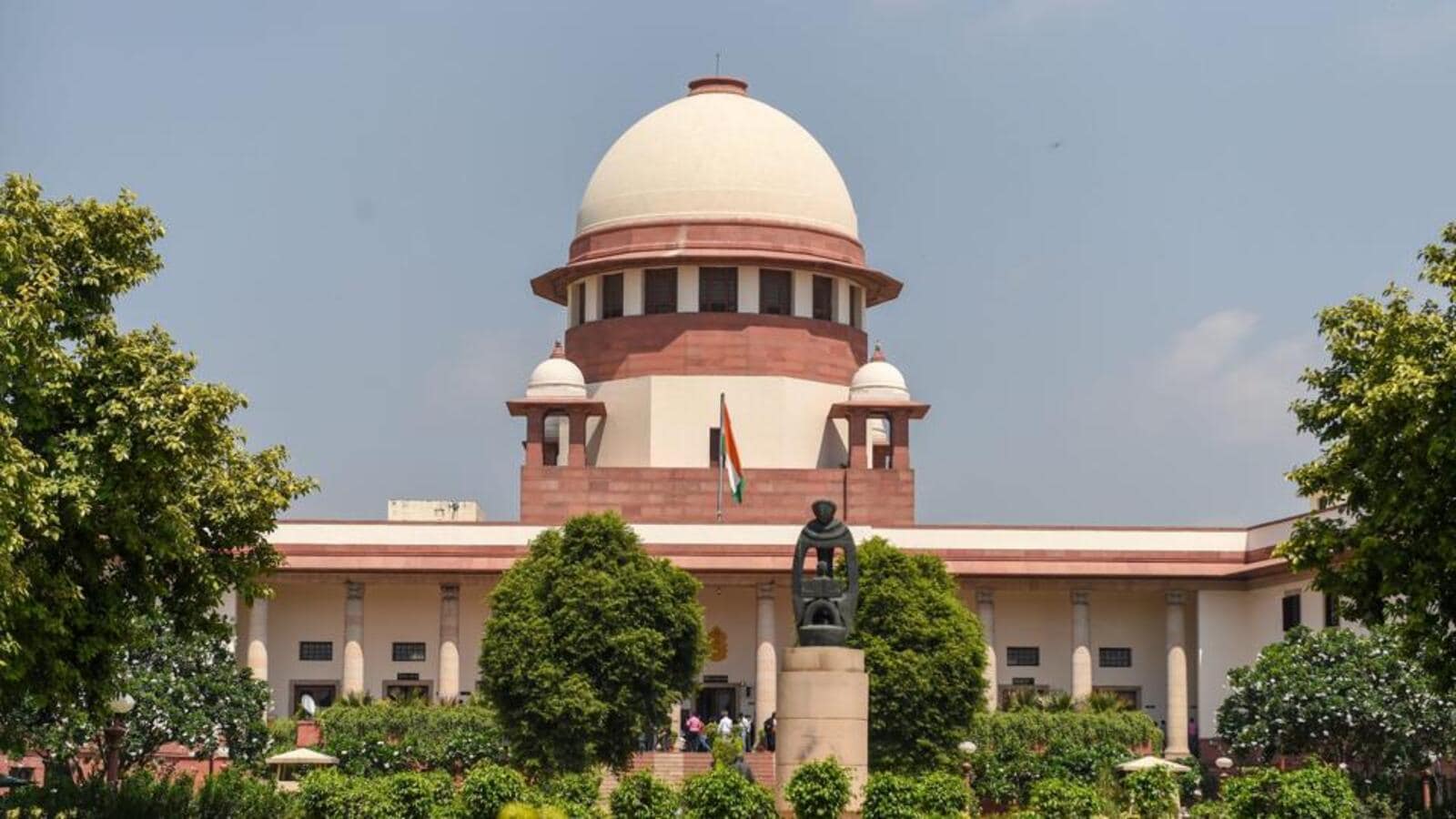[ad_1]
The Supreme Court’s decision on Wednesday to keep the sedition law in abeyance till the Centre’s exercise of reviewing the law is over was lauded by former judges and legal luminaries as a step in the right direction in protecting fundamental freedoms.
The court’s order, several experts said, strikes a clear balance between individual liberties and state interest amid growing concerns over misuse of the colonial-era law.
“I have been quite vocal about abolishing the sedition law due to its growing misuse. I am of the firm belief that dissent is a vital aspect of democracy and there is no place for such laws that curb dissent in a civilised society,” former Supreme Court judge, justice (retd) Deepak Gupta, said.
Referring to the top court’s order justice Gupta added: “If I have no right to express my views, in the fear of being in minority, I cannot be prosecuted. There may be people who keep a dissenting view or criticise actions of the government or state. They should have the freedom to speak and not be visited with penal action under sedition.”
Sharing similar views as justice Gupta, former Kerala high court judge justice V Giri said, “It is rare to see a court stay a statute unless it is ex-facie unconstitutional. But as the case here suggests, till there is a reconsideration of the law, the court prima facie feels that nobody should be prosecuted as this is a penal statute affecting life and liberty of citizens.”
The Supreme Court’s order is “historic”, and for now, no one can be prosecuted under Section 124A (sedition) of Indian Penal Code, senior Supreme Court lawyer Rakesh Dwivedi said. “However, the court has permitted reconsideration by the Union for narrowly tailoring the new law to protect the security and integrity of the nation.”
According to Dwivedi, the course correction by the court was timely. “Recent abuse of sedition by various (state) governments stressed the need for a re-look to narrowly tailor the law in accordance with the doctrine of proportionality and fundamental nature of personal liberty under Article 21 of the Constitution,” he said.
Noted criminal lawyer KN Balagopal, however, said the top court “acted in haste”.
“On the face of it, this may seem to be good, but the question to be asked is whether the court has power to stay the legislation. The legislation is a creation of the legislature. To repeal or modify a law is a function left to them. Constitutional courts are given the supreme power to quash or set aside a law. By staying Section 124A, the court acted in haste,” he said.
Asked what alternative the court could have adopted in view of the time sought by the Centre to reconsider the law, advocate Balagopal said, “The court should have waited, and in the meantime, when the Centre is given time to reconsider (the law), all cases under sedition should have been clubbed together and bail granted to those incarcerated under this law. This should have been backed by directions to prevent further misuse of the law by State.”
Differing with the course of action suggested by advocate Balagopal, Supreme Court senior lawyer KV Vishwanathan said the top court’s order is “salutary” and logical in the given situation.
“This was the only logical course that was open to the court when the Union government fairly said that the sedition law needed a relook. No one can be prosecuted under an uncertain penal provision. There are other provisions in the penal statute where recalcitrant speech can be brought to book,” he said.
[ad_2]
Source link

